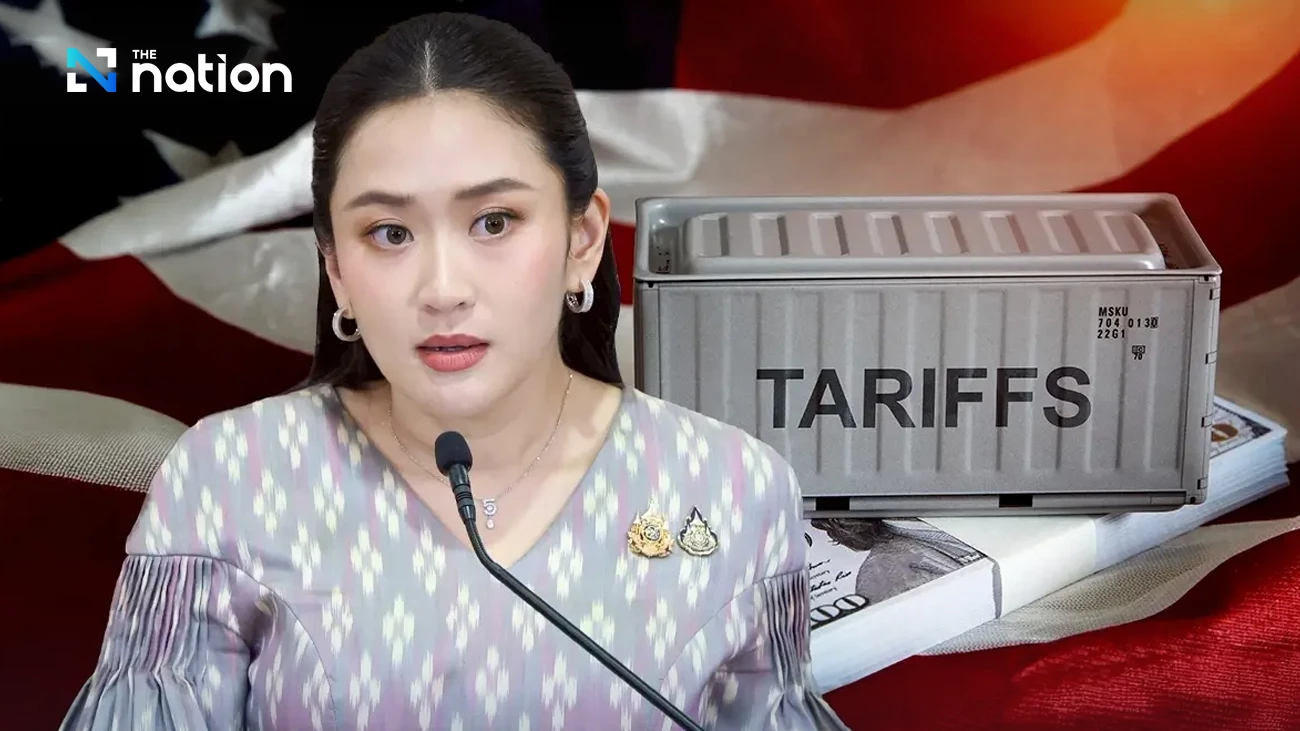
Business sector hopes Thai political stability will support policies to address global economic crisis triggered by US tariff policies
Kriengkrai Thiennukul, chairman of the Federation of Thai Industries (FTI), told Krungthep Turakij that he personally wished all parties, including the government, would focus on economic matters, as political stability had already been widely discussed.
He pointed out that the ongoing trade war was a matter of great significance, and Thailand continued to experience economic repercussions and disruptions to livelihoods.
“At present, all sectors must remain focused and united in resolving the issue. Every decision from now on must be thoroughly considered, alongside implementing measures that directly address the concerns raised by the private sector,” he said.
Kriengkrai specifically highlighted the need to combat the influx of low-priced goods flooding into the country, a problem that was set to escalate further.
“Although the 90-day postponement of the US import tariff hike now has around 50 days remaining, the government must prioritise this issue. Given the limited time left, the outcome of negotiations remains uncertain,” he stated.
“We must see the government working in unity to resolve Thailand’s economic challenges, as many other nations have done. Even the US has undertaken reforms—Thailand must act swiftly to reform itself as well.”
Meanwhile, Wisit Limluecha, vice chairman of the Thai Chamber of Commerce (TCC), emphasised the private sector's desire to see cooperation among coalition parties in tackling the impact of the trade war.
He noted that the US President Donald Trump's import tariff policy had significantly affected the global economy.
“The government is currently facing increasing difficulties in administration. Many had expected economic conditions to improve after the Covid-19 pandemic subsided, but geopolitical conflicts and trade war policies triggered by Trump's tariff measures have presented additional challenges,” Wisit stated.
He added that Thailand’s coalition government projected an image of democracy abroad. However, in times of economic hardship, stable governance was vital to navigating a way forward and mitigating the adverse economic effects of the trade war.
Wisit urged the government to expedite plans to address economic impacts both in the short and long term. In the short term, Thailand needed to accelerate negotiations with the United States to alleviate tariff-related economic pressures.
“Thailand may not be among the first nations to secure negotiations with the US,” he said, “But it is encouraging that the United States Secretary of the Treasury acknowledged that the Thai government’s five proposals were well-conceived.”
Wisit remarked that cabinet reshuffles were a normal part of governance, allowing adjustments to align with evolving circumstances. Different challenges at different times required different leadership approaches.
“The number of ministerial positions is limited. If the Prime Minister believes someone is capable of working for Thailand’s benefit, they should continue in their role,” he said.
Source: The Nation
Share: